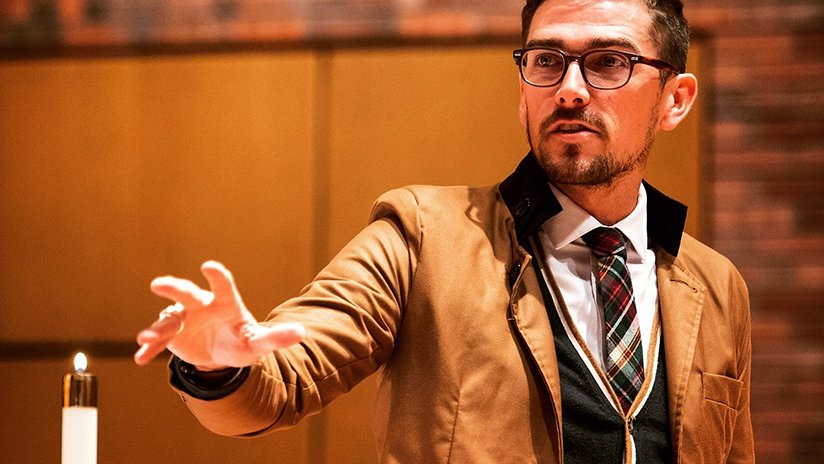
-
HOME
-
WHAT IS STANDOur Mission Our Values Our Help Contact
-
WHAT WE FIGHT FORReligious Freedom Religious Literacy Equality & Human Rights Inclusion & Respect Free Speech Responsible Journalism Corporate Accountability
-
RESOURCESExpert Studies Landmark Decisions White Papers FAQs David Miscavige Religious Freedom Resource Center Freedom of Religion & Human Rights Topic Index Priest-Penitent Privilege Islamophobia
-
HATE MONITORBiased Media Propagandists Hatemongers False Experts Hate Monitor Blog
-
NEWSROOMNews Media Watch Videos Blog
-
TAKE ACTIONCombat Hate & Discrimination Champion Freedom of Religion Demand Accountability
Religion, Understanding and the Meaning of a Word
To say we’re living in turbulent times would be understating it. We’re all drowning in a sea of information that comes seeping in from every digital corner and most of us are just trying to keep our heads above water.

Forming a coherent opinion about any complex subject is especially challenging when we’re constantly in fear of drowning. It can feel easier sometimes to simply go along with whatever the media is telling us is true.
But the media often make their money selling us all that turbulence. Without conflict, the argument goes, there’s no story. Conflict arises from a lack of understanding between people, and peace can only come through real understanding—being able to actually see things from the other person’s point of view.
One example of this is the subject of religion, which brings me to an article I came across recently.
It raised a point about the word “infidel” that I found fascinating:
“While some fundamentalist Muslims may declare they follow Muhammad's instructions to ‘fight the infidels,’ moderate scholars argue the infidels he was referring to have been dead for 1,300 years.
“‘Infidel’ in the Koran is not just a noun or an adjective, it is the word that the Koran uses to describe explicitly and exclusively the Meccan aristocracy with which the Muslim community was at war.”
Almost one quarter of the world’s population is Muslim. Only a very small percentage are what would be considered radicalized or fanatic. But what if this tiny group are, in fact, misinterpreting—rather than embodying, as they imagine—their holiest texts simply out of confusion about the meaning of a word?
What a tragedy for all concerned.
Because they grew out of that kindness, the great religious traditions of earth have so much more in common than they have differences. It’s only through misunderstanding that the conflict comes.
This reminded me of how incredibly grateful I am to have the Study Technology that’s a bedrock fundamental of Scientology. In learning and applying these very precise tools, I’ve been able to dramatically improve my ability to fully understand new concepts both about my religion and outside of it. It gives me the courage of real conviction because I feel confident in what I know. And, equally important, I’m willing to admit what I don’t.
I’m sure you’ve experienced being excited about a new subject—whether learning the guitar or how to fly a plane—only to crash into a wall of unknown language unique to that subject. Suddenly, you find your interest is gone, even to the point of feeling upset about the whole thing. It may sound like a stretch to say that that’s the slippery slope that leads to global conflict… but is it really that far-fetched?
In my travels around the world I’ve found that the vast majority of people are kind-hearted. They want to improve their own lives, their families and their communities.
Because they grew out of that kindness, the great religious traditions of earth have so much more in common than they have differences. It’s only through misunderstanding that the conflict comes.
If we allow for the idea that a much deeper, more fundamental level of understanding is possible between cultures, languages, religions and groups of people, then a planet constantly at war—and a media and popular culture that profit from normalizing it—become something no rational person would condone.
We each have a responsibility to make the world a better, safer and more prosperous place for everyone. That begins with the capacity—the willingness—and the tools for real understanding, even down to a single word.









